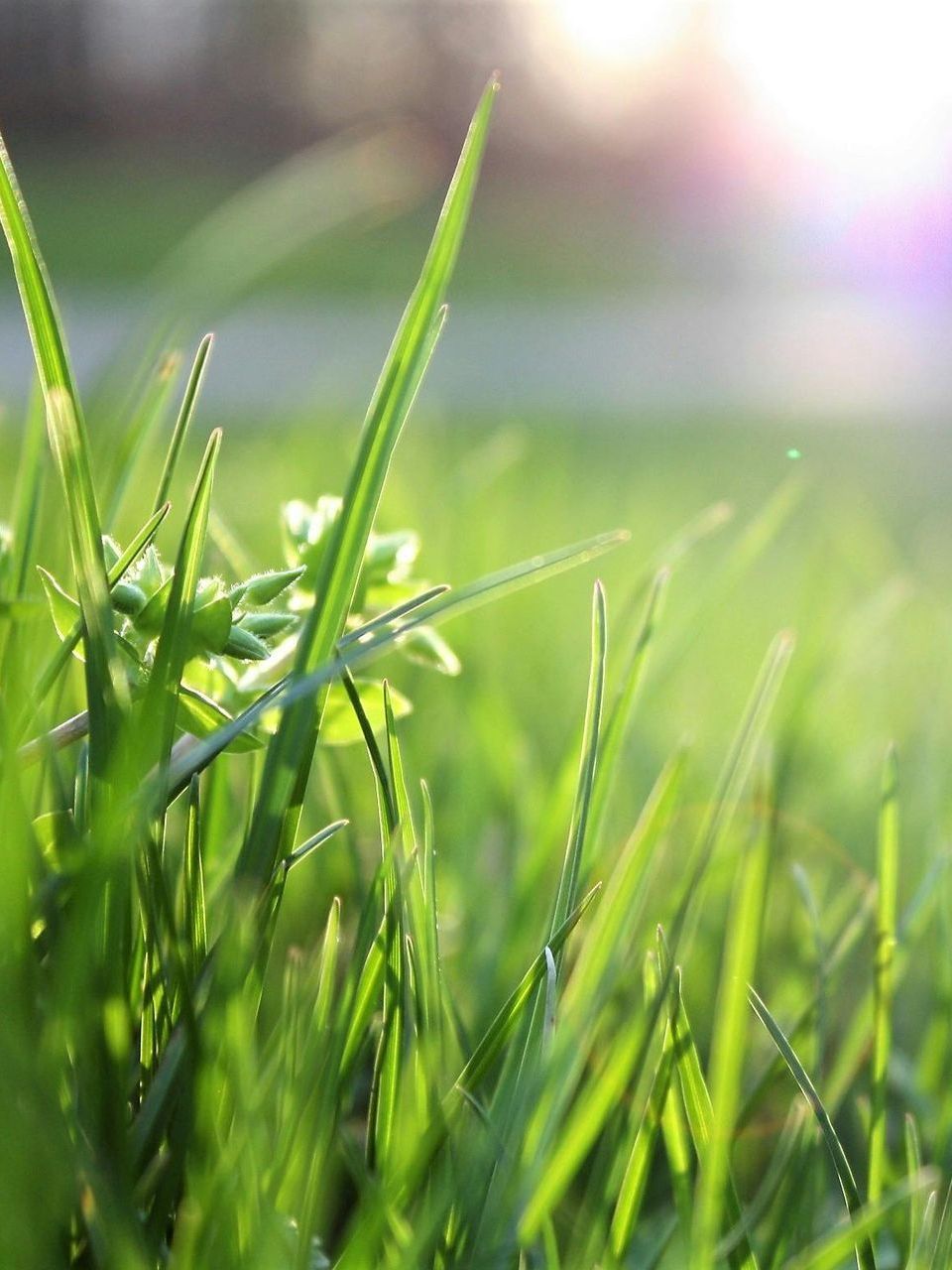Allergic Rhinitis
Seasonal Allergy
Allergic rhinitis, sometimes referred to as hay fever, is more commonly known as seasonal allergies.
It occurs when your nasal passages become inflamed by tiny airborne particles, or allergens. Rhinitis comes from the Greek word “Rhis,” which means “nose.” It’s generally used to refer to nose lining inflammation.
Unlike non-allergic rhinitis, which can be triggered by situational irritants like smoke or strong odors, allergic rhinitis is specifically caused by the immune system's reaction to environmental allergens like pollen and mold spores.
Year-Round vs. Seasonal Rhinitis
Year-round rhinitis is caused by allergens that are consistently present, while seasonal rhinitis is characterized by specific allergens contingent on the season. Triggers for year-round rhinitis include dust mites, pet dander and mold and mildew growth.
Seasonal rhinitis triggers will vary. In the spring, pollen is most pervasive around trees like hazel and oak; in the summer, it will be grass; and in the fall, it will be weeds like ragweed and mugwort.
Your seasonal allergies may also depend on plants native to your area. For Texas residents, cedar trees are particularly pernicious allergen spreaders. Ashe juniper variants are also problematic for Houston allergy sufferers. Its pollen is particularly minuscule and rampant. The trees can produce approximately 500 billion granules of easily wind-blown pollen per load, making Ashe juniper a state-wide problem for allergy sufferers.
Whether it’s year-round or seasonal, the symptoms of rhinitis remain consistent:
- Sneezing
- Nasal congestion
- Runny nose
- Itchy eyes, nose, and throat
- Watery eyes
- Fatigue
The Impact Allergic Rhinitis Can Have on Your Daily Life
Allergic rhinitis affects a quarter of adults and about a fifth of children in the U.S. While seemingly minor compared to more debilitating or life-threatening health problems, the symptoms of allergic rhinitis can have a significant impact on your quality of life.
Sleep Disruption
One of the most prominent effects of allergic rhinitis is degraded sleep quality. Nasal congestion and postnasal drip can make it difficult to breathe comfortably at night, leading to restless sleep or even sleep apnea. Without proper sleep, individuals can have difficulty concentrating, leading to decreased productivity that can impact their career and personal life.
Increased Risk of Sinus Infections
Chronic inflammation and mucus buildup associated with allergic rhinitis can lead to sinus infections, potentially adding facial pain, headaches and fever to your other allergy symptoms.
Exacerbation of Asthma
Allergic rhinitis is especially serious for those with asthma. Inflammation in the nasal passages can trigger or worsen asthma symptoms, leading to coughing, wheezing and shortness of breath. Talking to your doctor and adhering to their recommended treatment plan can be crucial to control your asthma and prevent allergy-related asthma attacks.
Cognitive Function
The constant discomfort caused by allergic rhinitis symptoms can impair your cognitive function. Irritating symptoms that make it harder to think and get enough sleep will negatively impact your ability to process and remember information – both of which are critical to your performance in school or at work.
Impact on Social Life and Wellness
Individuals with allergic rhinitis may reduce their time outside to avoid aggravating their symptoms. This can make hanging out with friends and family or exercising more challenging, especially during the spring and summer months.
Get Help Managing Your Season Allergies in Houston
If your symptoms are getting worse or you’re simply looking for help managing your seasonal allergies, the experienced physicians at St. Hope Healthcare can help. We’ve been helping Houston residents navigate their seasonal allergies for decades.
Our team can design a personalized care plan that will effectively target your symptoms so you can start feeling better sooner. Call (713) 778-1300 or schedule an appointment online to learn more.




